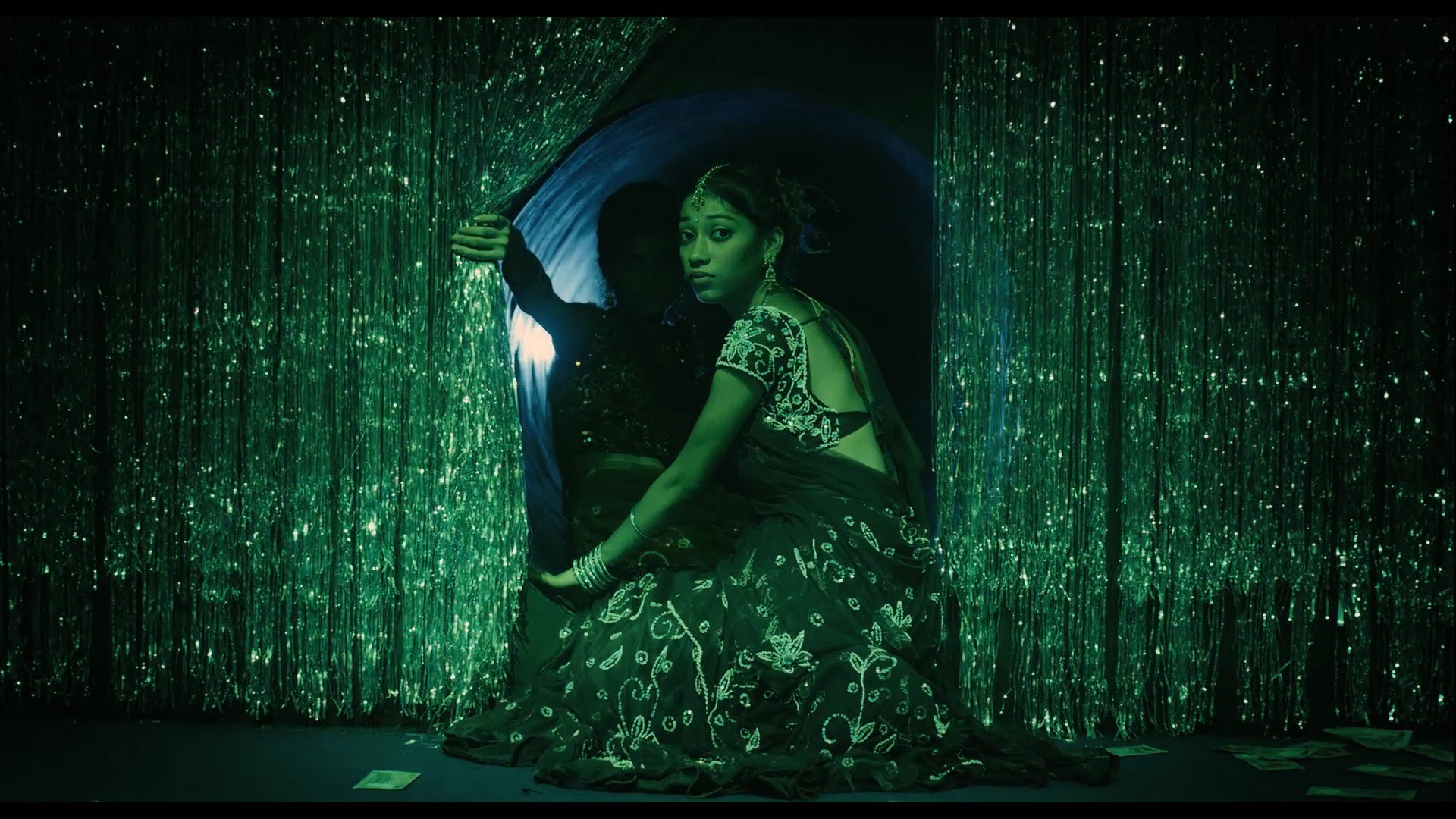By Chlotrudis Independent Film Society
Rating: 4.25 cats
Director: Partho Sen-Gupta
Starring: Adil Hussain | Esha Amiani | Gulnaaz Ansari | Komal Gupta | Tannishta Chatterjee

Original language title: Arunoday
Country: france, india
Year: 2015
Running time: 85
IMDB: http://www.imdb.com/title/tt2488778/combined
Jason says: “Writer/director Partho Sen-Gupta takes certain things very literally in SUNRISE but it’s kind of a delight when he does, because the effect is nifty and exhilarating in the midst of a film that can use a bit of that as it tries to sap the audience’s hope. Even with the obvious flourishes, he’s still made a tight film that may obviously trumpet its cause but is engrossing nevertheless.
“Child abductions are frighteningly common in India; Inspector Lakshum Joshi (Adil Hussain) of the Mumbai Police Social Services Division foils one on his way home from work one night, although he is unable to catch the perpetrator, seemingly losing his trail at Paradise, a fancy-looking nightclub out of place in this run-down neighborhood. the next day at work, another missing girl is reported, and we soon see Naina (Esha Amlani), about seven, brought into a ‘dorm’ with mostly teenage girls with one, Komal (Gulnaaz Ansari), told to look after her. It’s one of many such cases the under-staffed, under-funded department has to investigate, and Joshi is still reeling from his own daughter Aruna (Komal Gupta) being taken from in front of her school – made worse by coming home to his wife Leela (Tannishta Chatterjee), whose mind seems to have completely rejected that Aruna is gone.
“I suspect that most filmmakers in India do everything they can to avoid monsoon season, but Sen-Gupta embraces it here, shooting nearly every exterior scene in a torrential downpour and having it audible on the soundtrack when inside. It’s a numbing sound that sometimes seems to keep the squad inside and at their desks, sending out alerts to other departments but often seeming inactive and ineffective. It’s reinforced when Joshi will spot something and run after it, getting drenched or running through streets where the water is above his ankles. Attacking the problem seems to get them nowhere and coming out when things have run their course and there’s a body to deal with becomes a pain.
“At times, Joshi can seem the worst – we’re introduced to him lying down at his desk, half-asleep, looking at his uniform hanging up on the other side of the room. That’s before we see the wreck he’s facing at home, though, or how he will spot something out of the corner of his eye and go running. Right from the start, though, the audience can see that he is literally chasing shadows, and while Adil Hussain plays the character as reserved and fairly steady in most scenes (though far more active and emotional toward the end), Sen-Gupta and his crew do a great job of depicting his collapse through the world around him: The shadow in question is an image that wouldn’t be far from home in an Expressionist silent film, and Paradise becomes a twisted underworld that may or may not exist. It’s a strange contrast – we’re seeing the evidence of Leela’s delusions from the outside (nice work from Tannishta Chatterjee), and we can immediately recognize them for what they are, but her husband’s, told from his point of view, are initially not so obvious to pick out.
“The other point of view is that of Naina and Komal, and that one is in some ways both straightforward and peculiar enough to gnaw at me a bit. Despite not showing anything explicit, it certainly does its intended job of creating unease in the pit of one’s stomach not just that this little girl is going to get raped unless Joshi’s team can make a lot more forward progress than they have – and an early scene suggests they’re already past that potentially happening – there’s something very banal and practiced about those scenes, even if one girl can’t stop crying. The girls seem beyond resigned, the older ones keeping the others in line for the madam, which makes a sort of sense if this has been their life since they were Naina’s age, although it always seems odd that Naina seems to fall in line fairly quickly after being brought in apparently drugged. Perhaps this is something Indian audiences will understand; even though it’s not the main thrust of a movie that is deliberately unreal at points, it still feels wrong in a different, more basic manner.
“SUNRISE is not what audiences tend to think of when Indian movies are mentioned, either in terms of subject matter, length (a trim 85 minutes), or language (Marathi rather than Hindi/Tamil/Telugu), so it seems unlikely to play the same theaters where those movies usually show up. It’s worth seeking out, though, as it communicates despair with a lot more style than is usually the case. 4.25 cats
“Seen 1 August 2015 in the J.A. de Seve Cinema (Fantasia International Film Festival, DCP).”
